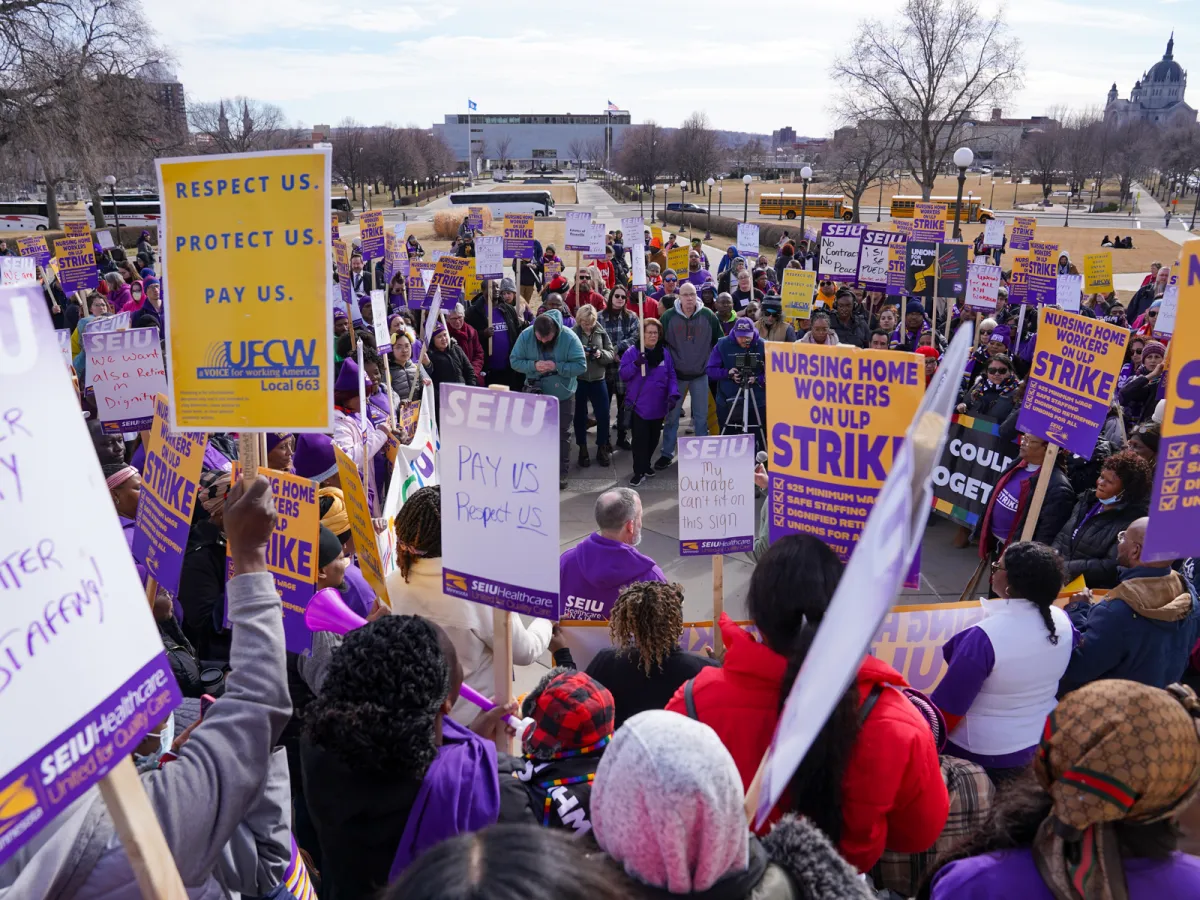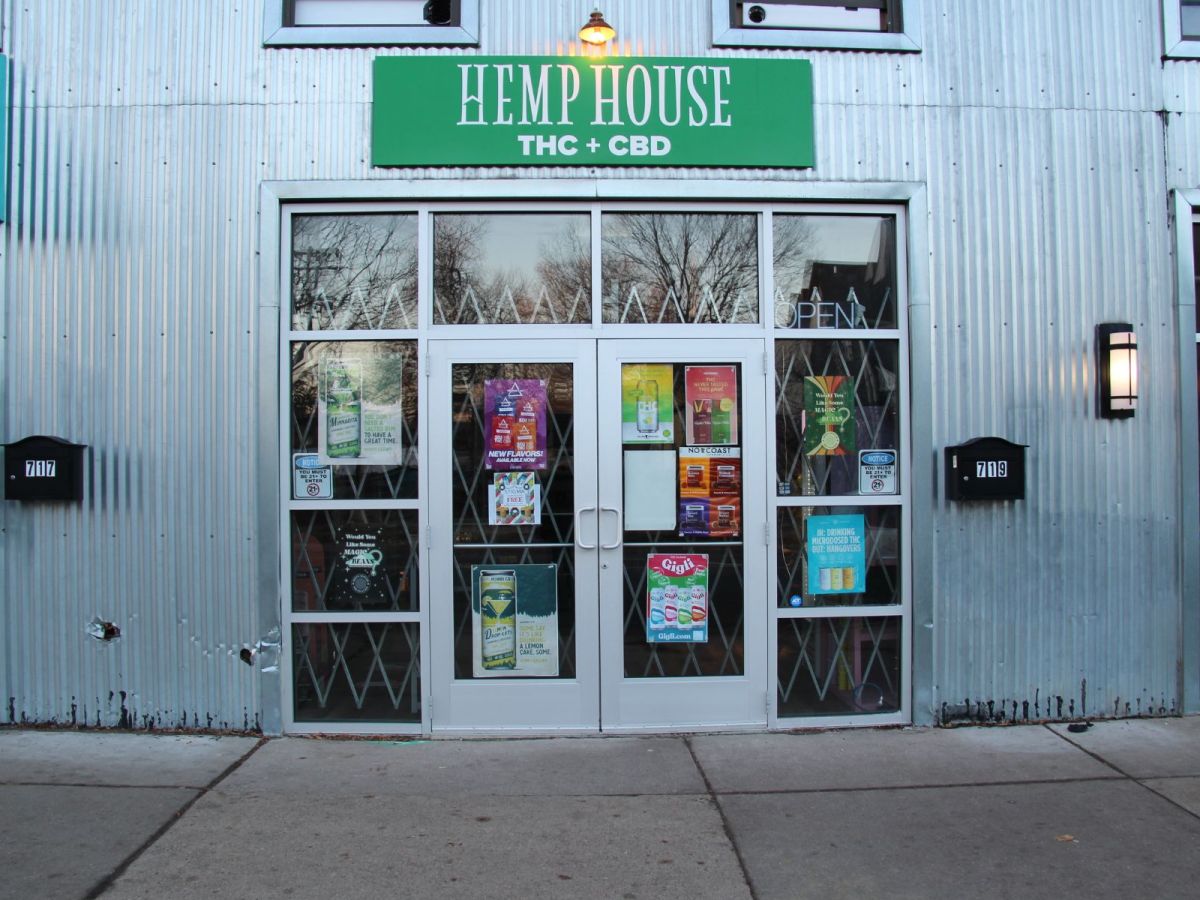Three Minneapolis City Council members have announced plans to push back the start of the city’s rideshare pay ordinance by two months — a day before the council was due to vote on whether to lower the minimum rates.
Two other council members — Andrea Jenkins and Emily Koski — outlined a separate proposal Wednesday to lower the per-mile rate approved by the council in March.
The proposal to delay the effective date of the rideshare ordinance from May 1 to July 1 came from Council President Elliott Payne, and Council Members Katie Cashman, and Aurin Chowdhury—all of whom backed the city ordinance in March.
“These changes will allow for any companies that want to work in the city and pay the fair wage time to set up in the event Uber and Lyft choose to leave Minneapolis instead of paying workers a living wage,” Payne, Cashman and Chowdhury said in a statement.
The City Council approved a rideshare pay floor in March that aimed to boost driver earnings to the city’s minimum wage of $15 an hour.
Drivers, considered independent contractors, weren’t subject to the Minneapolis’ minimum wage.
The new ordinance sets minimum rates at $1.40 per mile and $0.51 per minute, or $5, whichever is higher, for the time a driver spends transporting a passenger within city limits.
Uber and Lyft have said those rates are too high and that they would leave Minneapolis—and in the case of Uber, the entire Twin Cities metro—by May 1.
Mayor Jacob Frey, who vetoed the ordinance in March, held news conference on Monday to urge the council to reconsider the ordinance before the rideshare giants left the city.
He was joined by business leaders, disability activists, and Council Members Jenkins, Linea Palmisano, and LaTrisha Vetaw.
Council members had been scheduled to discuss amending the rates on Thursday. The proposal by Jenkins and Koski calls for a lower rate per mile, $1.21, but the same $0.51 per minute that the council passed in March.
Uber welcomed the latest developments on Wednesday and said it would continue its operations until July 1 if the council pushes back the date.
“The proposed delay gives us more time to continue to work with State leaders on a comprehensive statewide solution that raises pay, protects flexibility and keeps rides affordable,” Uber spokesman Josh Gold said in a statement.
Uber and Lyft have pointed to a state study that found rates of $0.89 per mile and $0.49 per minute would meet Minneapolis’ minimum wage of $15 an hour.
Lyft said it would stay under that rate.
A bill currently making its way through Senate and House committees proposes rates of $1.39 per mile and $0.49 per minute for rideshare drivers statewide.
Drivers, supporters react
Some of the strongest supporters of the new Minneapolis ordinance said on Wednesday they were open to delaying the start date to July.
Council Members Robin Wonsley, Jason Chavez and Jamal Osman said they supported pushing back the start date but would not support changing the pay rate to “subminimum wage equivalents.”
One group that represents drivers, MULDA Members, was also willing to let the council debate play out.
“If the collective decides to push it back, then we are on board,” MULDA Members spokesman Yusuf Haji said. “We want a compromise on this issue, and our fear is we might miss out [on] an opportunity to have a livable wage for the drivers in Minnesota.”
He said the group’s drivers are willing to see a compromise as long as drivers get higher wages in the end.
”We all need to check out egos, let’s give compromise a chance. Drivers are not the villains, we are Minnesotans who want to do a little better,” he said.
Correction: The name of a rideshare drivers’ group has been updated in this story.






